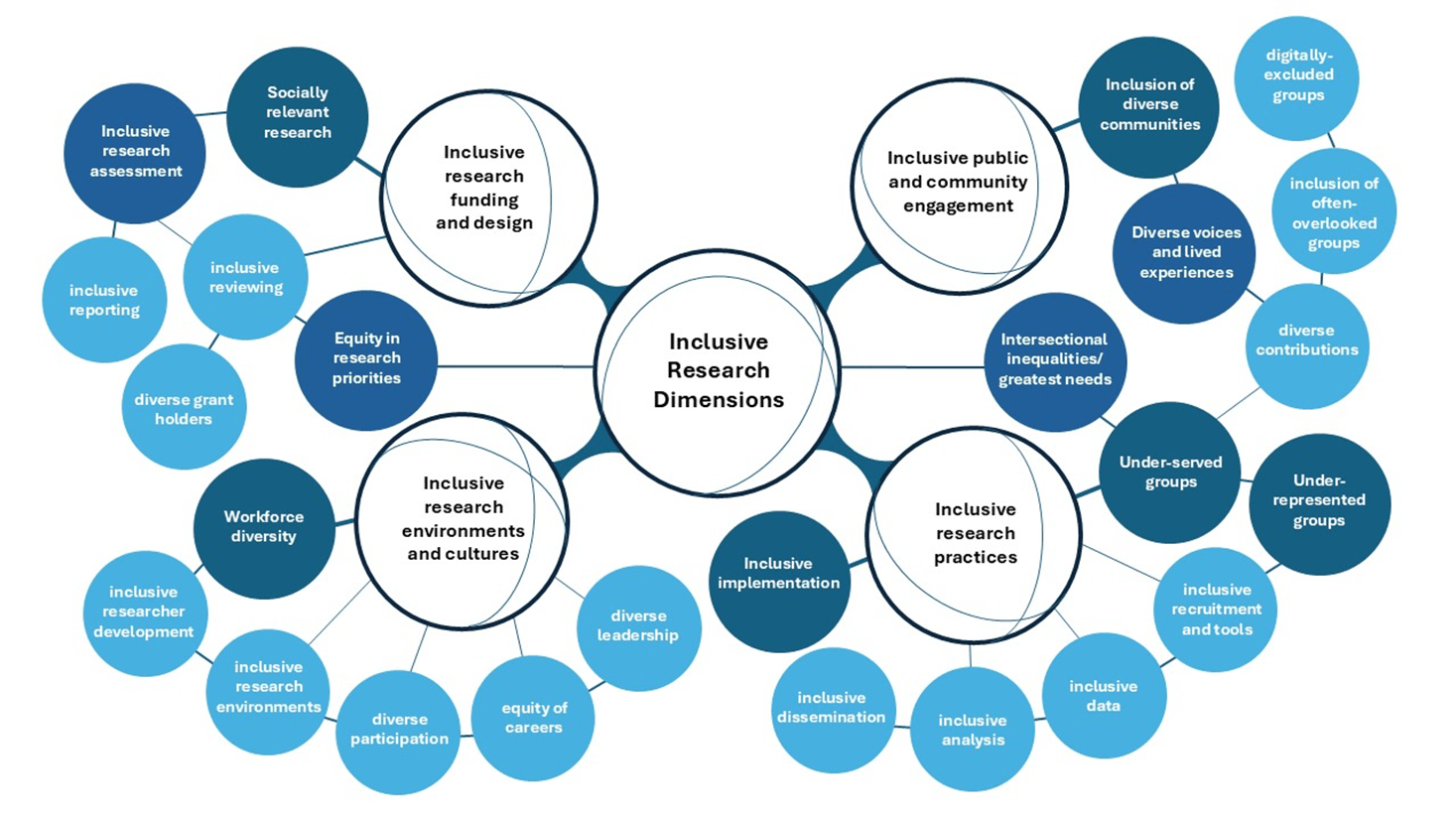Higher education institutions are absolutely critical to enabling communities, economies, knowledge, and innovation to tackle the most pressing issues and advance as a diverse society.
Alongside this, universities would not exist if they did not prioritise and invest in equal and equitable opportunities, access, and connecting with diverse and intersectional communities across the world.
Upon reflecting on the role higher education has played throughout history, we know that universities have never played it safe.
Our higher education sector performs an instrumental role in being a critical mirror to social, cultural, and political narratives.
However, it is challenging to be critical when societal views and beliefs are polarised, with only some who are able to cultivate opportunities to build good relations and celebrate differences.
Value and values
It is amongst such divisive rhetoric that there are movements questioning the value of equality, diversity, and inclusion in organisations, systems, and society – we make a statement not to minimise the profession by using the acronym.
The world opened their eyes in 2020, again, to the intersectional trauma of structural racism, sexism, classism, harassment, bullying, victimisation, and discrimination, to name some.
The higher education sector “reacted” to impress on society that equality, diversity, and inclusion would be sustained to protect the civil liberties of staff and students, who help to ensure that our institutions play a transformative role in education and society.
Five years on, we find ourselves in a time where equality, diversity, and inclusion have, in some cases, been absolved into safer initiatives like “organisational development” and “social responsibility”.
These initiatives can often disguise the goodness of the work towards equality, diversity, and inclusion rather than champion it to the world.
This is not a new issue for those helping to cultivate a socially just, fair, dignified, and respectful society. The work of equality, diversity, and inclusion has always been precarious, and the “academy” is a microcosm reflective of wider society.
The risk-aversion and caution often adopted by universities as a result can be performative, rarely penetrating the deep-rooted structural and systemic problems that permeate the sector.
Another American import
This precariousness is now tested from discussions to end diversity, equality, and inclusion from across the Atlantic.
While we may feel the physical distance, recent reports highlight that UK universities receiving funding from the USA have to prove none of their spend is going towards diversity, equality, and inclusion. This highlights a level of political interference in the autonomy of universities not often seen before.
We, as the higher education community, know why equality, diversity and inclusion matters, so let us look at the data from McKinsey & Company’s 2023 research:
- More diversity in both boards and executive teams, in both gender and ethnicity, is correlated with higher social and environmental impact scores.
- Organisations in the top quartile for gender diversity are 39 per cent more likely to outperform peers.
- Organisations in the top quartile of board-gender diversity are 27 per cent more likely to outperform financially.
- 77 per cent of consumers are motivated to purchase from organisations committed to making the world a better place.
- Higher levels of ethnic representation in leadership teams are correlated with higher financial, social, and environmental sustainability across the board.
- A strong link between leadership diversity and a motivated workforce.
Recent research from the University of Oxford, UCL Policy Lab, and More in Common found that:
“Britons are five times more likely to express positive views about EDI and that the initiatives are beneficial to them.
Recently, UCL Provost Michael Spence made a public statement highlighting:
“We are, and were always intended to be, an institution to which it is possible to bring your ‘whole self,’ to bring your history, culture, identity, and views of the world, free of arbitrary discrimination… If we do not, then we run the risk of only poorly serving the needs of this wonderful, global, and incredibly diverse city – London – of which we are a part.
In resistance to those wanting to dismantle diversity, equality, and inclusion in higher education across the Atlantic, Harvard University released a statement saying that:
“…no government regardless of which party is in power should dictate what private universities can teach, whom they can admit and hire, and which areas of study and inquiry they can pursue.
We see some institutions speaking truth to power to safeguard academic and educational freedom, equitable access, and liberty. It is in this climate that higher education institutions need to strengthen their collective voice to safeguard the championing of equality, diversity, and inclusion that are essential to the civic impact of universities.
It is remarkable that there is resistance to helping create and sustain a more equitable, fair, dignified, respectful, socially just, and inclusive society. This is a resistance that exists and appears to be rising.
For institutions who are yet to re-affirm their commitment to equality, diversity, and inclusion, we ask these questions – is this what we are and is this who you want to be?





